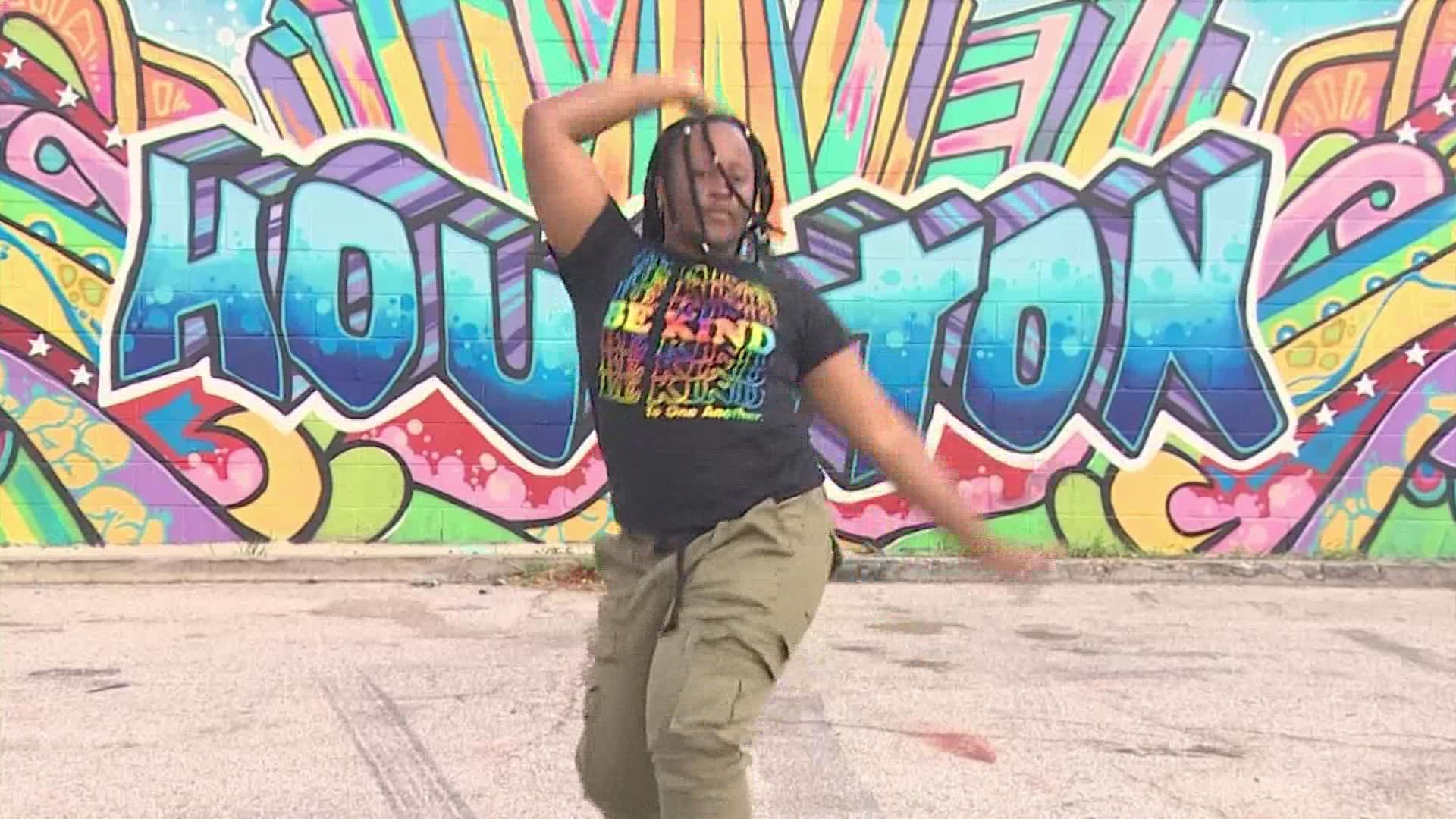HOUSTON — "The category is, get your tens, tens. The category is get your tens, tens."
It's a freedom of expressions allowing people to feel through movement – a style of dance known as vogue.
Voguing was born out of the Harlem LGBT ballroom scene in the 1960s.
'Voguing consists of 5 to 6 to 7 to 8 elements now, when it used to just consist of five. It's hand performance, cat walks, duck walks, floor performance, spins, dips,” explained “Hank Watts” with “Legendary,” season two, on HBO Max.
“Watts” and “Jai Adore” are both vogue competitors in the ballroom scene.
"When you go to a ball, say for instance you have a family that doesn't accept you, you have a space that will accept you,” “Jai” said. “You can do whatever you want to. You can be a boy at home and then come to the ball and be in full drag."
Safe spaces were not common in the ‘60s so the ballroom scene was, and still is, essential for the LGBTQ+ community.
“I didn't have any support. I was told I was confused,” “Hank” remembers. “I was put in a counseling session with a psychiatrist, trying to fix me."
And like so many others, “Hank” and "Jai" found their refuge in the ballroom scene.
"All of our stories are not the same. We all don't end up OK, we all don't end up with support,” “Hank” said. “And some of us end up on the streets and homeless, and some of us lose are lives because they can't deal with how society treats them."
The ballroom scene is just one facet of the LGBTQ+ community, and an important aspect of pride.
"Growing up gay is not easy,” according to “Hank.”
"That was always my motto: ‘If you don't accept me, I'll find somebody who will,’” Jai said.
After 6 p.m. today, you can also stream our Pride special on Roku and Amazon FireTV.

